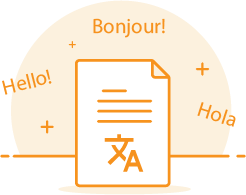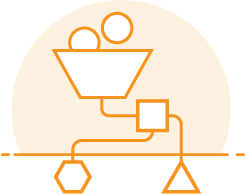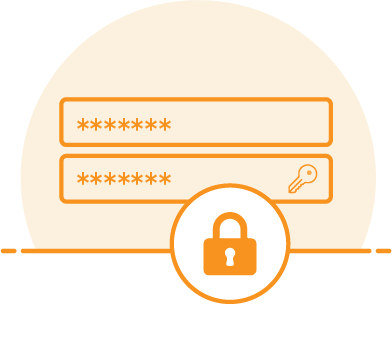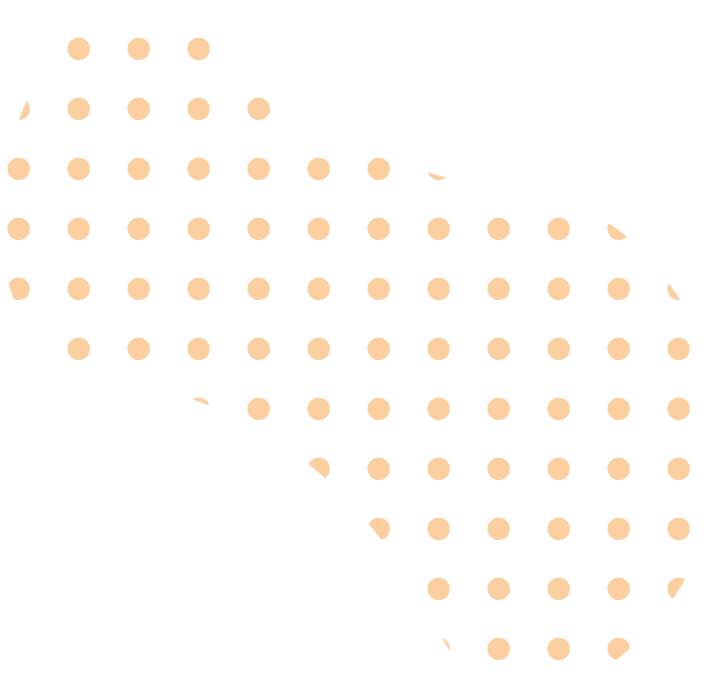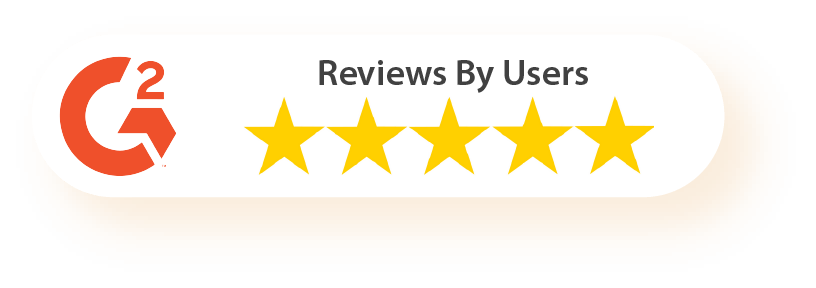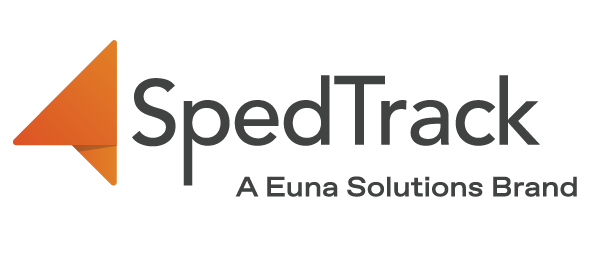What Is the Americans with Disabilities Act (ADA)?
The Americans with Disabilities Act of 1990 or ADA is a law that promotes nondiscrimination for people with disabilities.
The ADA requires public and private places, employment, transportation, public services, and all other aspects of public life to be accessible to people with disabilities, including making reasonable accommodations for people with disabilities.
The ADA is one of the most critical laws for ensuring equal access for people with disabilities.
What Is Section 504?
Section 504 of the Rehabilitation Act of 1973 is a civil rights law prohibiting discrimination on the basis of disability. It stipulates various protections and procedural safeguards for people with disabilities from being treated unfairly or denied access to services or benefits.
Created as legislation to help citizens with impairments, Section 504 applies to all aspects of an individual’s life, including education, employment, and access to public services.
In special education, Section 504 is enforced by the U.S. Department of Education’s Office for Civil Rights (OCR). OCR investigates complaints of discrimination against students with disabilities and provides technical assistance to schools and other entities covered by Section 504.
To be protected under Section 504, an individual must have a disability that affects one or more major life activities, such as walking, talking, seeing, hearing, or learning. This protection is extended to individuals who have a history of a disability, even if they do not currently have a disability.
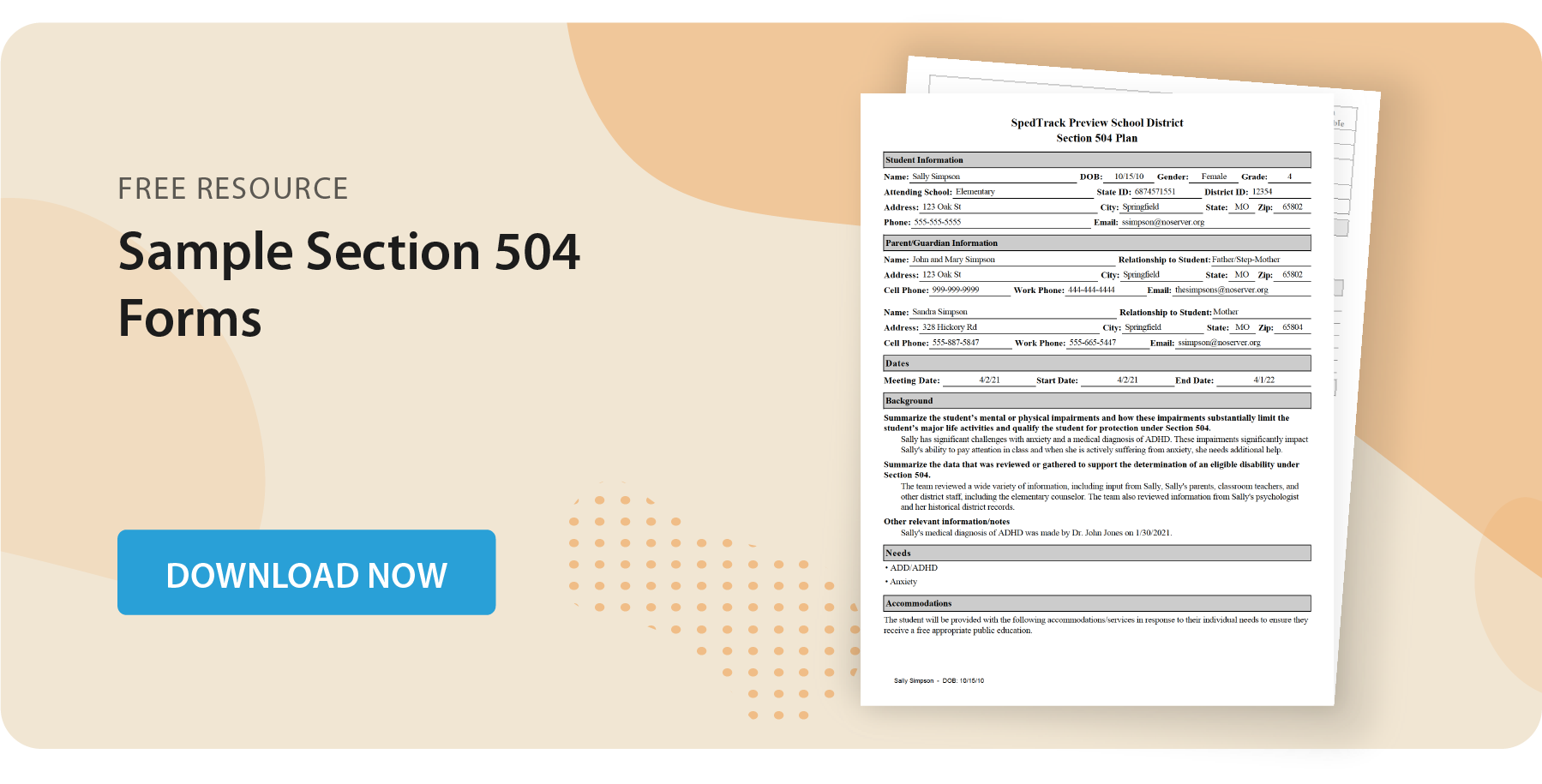
Eligibility for ADA and Section 504
Eligibility for ADA and Section 504 requires that a person have a disability as defined by the law.
ADA defines a disability as at least one of the following:
- A physical or mental impairment that substantially limits one or more major life activities
- A person who has a history or record of such an impairment
- A person who is perceived by others as having such an impairment
An individual can be qualified for accommodations under Section 504 or ADA if they can demonstrate that they meet the above definition of disability.
Three primary factors are also used to determine if a person is eligible for accommodations under Section 504 or ADA. These factors are:
- The nature and severity of the disability
- The extent to which the disability affects major life activities
If a person meets one or more of these factors, they may be eligible for protection under Section 504 or ADA. However, this is not always the case, and each situation should be evaluated on a case-by-case basis.
Eligibility for ADA
Eligibility for ADA and Section 504 are similar, but specifically the ADA protects persons with disabilities who satisfy any of the following:
- A physical or mental impairment that substantially limits one or more major life activities
- A person who has a history or record of such an impairment
- A person who is perceived by others as having such an impairment
The ADA protects qualified individuals from discrimination in many different areas of life, including employment, public accommodations, transportation, and public services.
Eligibility for Section 504
If a student has an impairment that significantly restricts their life activity (including their learning abilities), they may be eligible for Section 504. This includes individuals who possess a record of such an impairment, such as a physical condition or mental disability.
A significant life activity includes, but is not limited to, caring for oneself, performing manual tasks, and other basic life functions including learning.
Eligibility for Section 504 is determined on a case-by-case basis by evaluating the functional limitations of the individual and the extent to which those limitations prevent them from participating in significant life activity.
A covered entity under Section 504 is any private or public entities that receive federal financial assistance, including but are not limited to:
- Public schools
- Colleges and universities
- Job training programs
- Vocational rehabilitation and special education programs
- Daycare centers
- Head start programs
- Shelters
- Food banks
As a civil rights law that prohibits discrimination based on disability, Section 504 means that covered entities must provide individuals with disabilities equal access to their programs, services, and activities. They cannot exclude or otherwise disadvantage individuals with disabilities, and they must make reasonable accommodations to ensure that individuals with disabilities have an equal opportunity to participate.
Reasonable modifications and accommodations can include:
- Modifications to policies, practices, or procedures
- Modifications to the way things are typically done
- Provision of auxiliary aids and services
- Changes to the physical environment.
Covered entities must provide reasonable accommodations unless doing so would fundamentally alter the nature of the program, service, or activity or would impose an undue hardship on the entity.
The Individuals with Disabilities Education Act (IDEA)
The Individuals with Disabilities Education Act (IDEA) is a law that was created to make sure that all children with disabilities have the opportunity to receive a free appropriate public education (FAPE).
FAPE ensures that students with unique needs and disabilities are given an educational experience comparable to those without them. It also ensures that students with disabilities are receiving the appropriate amount of time in their regular education classroom.
IDEA provides for things such as special education services and accommodations, which can help level the playing field for students with disabilities.
IDEA also requires that schools create Individualized Education Programs (IEPs) for each student with a disability who qualifies for services to ensure that they are getting the right level of support.
Types of Accommodations IDEA, ADA, or Section 504 Can Provide
IDEA, ADA, and Section 504 all provide different types of accommodations to help students with disabilities in school. Some of the accommodations that may be provided include:
- Extended time for assignments and tests
- Alternative formats for assignments and tests (such as Braille or large print)
- Use of assistive technology
- Preferential seating
- Modifications to the curriculum
These accommodations are classified according to the following:
- Special Education Services
- Related Services
- Individualized Education Programs (IEPs)
Special Education Services
Special education services offer a variety of assistance to aid children with disabilities in improving and navigating learning. The assistance is tailored based on the child’s needs.
A child with a disability qualifies for special education and rehabilitative services if found eligible for assistance under one or more of the thirteen federal government defined exceptionalities, as follows:
- Hearing impairment (including deafness and impartial hearing)
- Visual impairment (including blindness)
- Speech or language impairment
- Orthopedic impairment
- Other health impairment (OHI)
- Intellectual disability
- Specific learning disability (SLD)
- Serious emotional disturbance
- Autism/autism spectrum disorder (ASD)
- Traumatic brain injury
- Deaf-blindness
- Multiple disabilities
- Developmental delay
Children with the disabilities above need FAPE to succeed in school, meet their academic and functional needs, and gain educational benefit.
Related Services
Related services include supplementary and auxiliary aids, assistance, instructions, and accommodations such as the following:
- Counseling services, including rehabilitation counseling
- Early identification and assessment of disabilities in children
- Interpreters
- Medical services for diagnostic or reevaluation purposes
- Orientation and mobility services
- Physical and occupational therapy
- Psychological services
- Therapeutic recreation
- Speech-language pathology and audiology services, including speech therapy
The specialists providing these services should hold the necessary licensure, training, certification, or other qualifications as specified by the federal law for these services.
Individualized Education Programs (IEPs)
An Individualized Education Program (IEP) is a written document for students with disabilities.
According to the Individuals with Disabilities Education Act (IDEA), an IEP is “a written statement for each child with a disability developed, reviewed, and revised in IEP meetings following Sec. 300.320 Definition of individualized education program.”
An IEP for children with disabilities is a detailed plan on how the school district will help the student gain educational benefit. Specifically, the IEP describes the child’s current performance levels, educational goals, and the resources, techniques, and tailored approaches that will help that child meet those goals.
An IEP involves establishing student IEP goals, which helps the IEP team better understand the student’s progress, design an effective method for studying student performance, and facilitate special-education teachers in giving a better educational experience.
Managing your Section 504 documentation online but having trouble writing in the guardian’s preferred language? SpedTrack’s translation solution makes it easy to generate your forms into different languages.
Manage Your Entire Special Education Process with SpedTrack
If you work with students with disabilities, it is crucial to know what eligibility, services, and accommodations are available to them. The three laws mentioned in this article can pave the way for suitable accommodations. However, navigating all the paperwork and processes can be difficult.
SpedTrack provides special education management software for educators and school administrators to simplify the entire IEP process. SpedTrack’s tools and templates simplify special education management, from IEP creation to progress monitoring.
Request a demo today to find out how it can make your IEP process more manageable!







